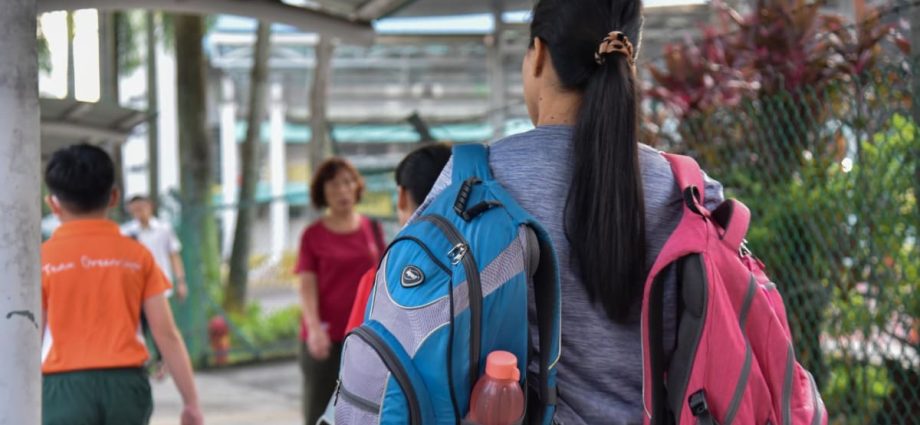
REVENGE ACCUSATIONS
HOME also highlighted a trend of “revenge accusations”.
These refer to allegations directed at domestic workers by their former employers after they ended their employment and left their employers’ homes, and for which no further action was usually taken against the domestic worker.
Among the accusations examined by HOME, a fifth – or 20 – of them were made by employers after the domestic workers arrived at the HOME shelter. A vast majority were for theft.
Only three were eventually charged in court, while five were themselves being investigated as a victim of a crime by the employer.
Some had also left their employers’ homes as they could no longer tolerate the living and working conditions there.
“The timing of these accusations, in addition to the nature of the accusations and their outcomes, suggest accusations may be made in retaliation,” said HOME.
One maid, identified as R1 in HOME’s report, sought help from HOME after her employer refused to repatriate her for a year. When she returned to the employer’s home to retrieve her belongings, the employer accused her of stealing money and called the police on the spot.
Due to the investigation, she had to stay in Singapore for another nine months, only returning home when the authorities decided not to take further action.
HOME referred to a separate report it released last year on the emotional abuse faced by domestic workers, where interviewees described how employers frequently threatened to call the police and have them blacklisted in Singapore.
“Employers have considerable power and influence over a migrant domestic worker’s work, income, residential and generally social status, (and) are aware of the disproportionate influence and impact over migrant domestic workers that the current system affords them,” HOME noted.
“In cases where employers are mistreating migrant domestic workers, they are able to use that influence in exploitative, penal, and even vindictive ways that unfairly impact migrant domestic workers.”
According to the Ministry of Home Affairs, roughly two accusations of theft were levelled against maids every three days in 2016. About one-quarter of these maids were prosecuted that year.
This phenomenon was not new or exclusive to Singapore, said HOME. A similar study was conducted in Lebanon in 2011 where employers were found to have reported runaway domestic workers for theft, despite a lack of evidence, in order to escape the costs of repatriation.
In Ms Parti’s case, the High Court judge who overturned her conviction found that her employers had likely accused her of theft in retaliation for her threats to report the family to the Ministry of Manpower for illegal deployment.
HOME also noted that domestic workers who receive a stern warning are typically barred from working in Singapore, even though the High Court has made clear that a stern warning does not amount to a conviction or finding of guilt.
Nevertheless, the group said it has seen more accused maids being allowed to work since the second quarter of last year. Two maids who received stern warnings were also given permission to work last year.
RECOMMENDATIONS
HOME gave four recommendations to address “systemic issues” in regard to domestic workers’ living and working conditions.
The first was to allow maids who are assisting in investigations to work. They are currently put on a special pass issued by the investigating authority, with their ability to work often being determined at the discretion of individual officers, said HOME.
The second was to allow maids who have been given stern warnings to work. Work permit holders who receive stern warnings are generally disbarred from seeking employment in Singapore.
HOME also suggested that maids be given the option of living away from their employers, so they are less susceptible to accusations against them.
The group’s final recommendation was to give maids the right to change employers with clearly defined notice periods, and upon the expiry of their work permit terms, without their employers’ consent.
They are currently required to get their employers’ consent to switch employers, even at the end of their work permit terms.
“For the average individual, a criminal accusation can be stressful, damaging, and even traumatic,” HOME noted.
“For migrant domestic workers, whose legal, financial, and social positions in Singapore are already tenuous and precarious, it is exponentially more harmful due to the loss in their livelihoods, income, housing as well as their current and future work status in Singapore.”

